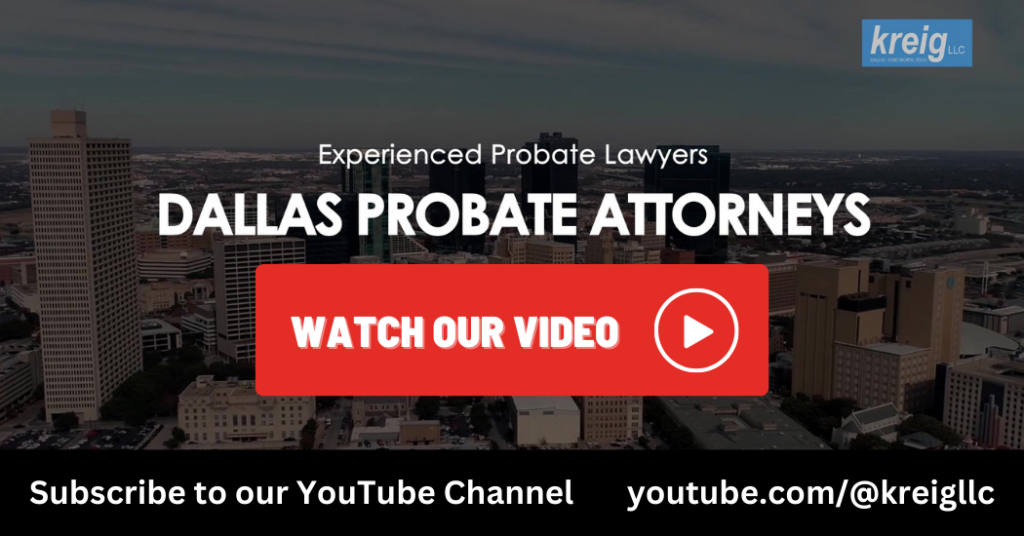What does Texas law say about a creditor trying to collect a debt from someone who died? You may be surprised to learn that some debts can be erased as part of the probate process, somewhat like discharging debts in bankruptcy.
The case of Ullrich v. Est. of Anderson, 740 S.W.2d 481 (Tex. App.‒Houston [1st Dist] 1987) provides an opportunity to consider these questions.
Facts & Procedural History
The plaintiff, an accountant, provided his services to the estate of the decedent. He later sued the estate to recover $33,589 for his work for the estate. The executor of the estate agreed to pay $13,950 of the claim and rejected the remaining balance of $19,639.
Later at a hearing on the claim rejection, the district court said it had three options. It could either (1) approve the portion being offered by the executor, (2) approve an agreed settlement within 90 days, or (3) it could not take any action concerning the rejected portion of the claim due to a lack of jurisdiction.
Ultimately, no action was taken by the district court. The accountant filed an appeal.
The District Court’s Error
The district court referenced the probate claim rules.
These rules generally provide that a personal representative can avoid paying certain unsecured debts if timely notice is provided to the creditor. It also provides a claim process whereby those who are owed debts must submit the debt to the personal representative, and then the personal representative can allow or reject the claim. These claims are deemed rejected if the personal representative does not act on them timely.
These probate claim rules clearly apply to debts that arose before the decedent died. But what about debts that arose after the decedent died? That was the decision the appellate court had to decide in this case.
The appellate court remanded the case back to the district court to have a new ruling based on the appeals court’s finding that claims against an estate, after a decedent’s death, can still be made after the 90-day limit for other claimants:
In the case the rule that a claim is barred if not sued upon within 90 days of rejection by estate representative is not the general statute of limitations. Regarding judicial disapproval of claims allowed by a personal representative, but a specific rule relating solely to probate claims.
The appellate court ruled that the defendant estate was attempting to rely on a law for debts that arose before the decedent’s death, not claims that arose after death. Claims that arise after the date of the decedent’s death are not subject to the claim process or rules.
Debts Incurred After a Decedent’s Death
This case involved a claim for the cost for the accountant’s services to the estate after the decedent’s death. The accountant contracted with the estate, not the decedent.
This type of expense is one of several post-death liabilities that are not subject to the claims process. These post-death expenses are set out in Sec. 22.005. of the Texas Estates Code:
- Liabilities of a decedent that survive the decedent’s death, including taxes, regardless of whether the liabilities arise in contract or tort or otherwise;
- Funeral expenses;
- The expense of a tombstone;
- Expenses of administration;
- Estate and inheritance taxes; and
- Debts due such estates.
Subsection (4) covers the accountants fees in this case. The accounting services were rendered for the estate after the decedent had passed and, as such, they are estate administration expenses not subject to the claims process.
The Takeaways
The probate claims process can allow the estate to avoid paying some debts. This includes some valid debts. However, estate administration expenses are not subject to the probate claims process.
When someone contracts with an estate, the estate is required by law to pay. The typical 90-day statute of limitations for debts incurred by a living person before they die does not apply when a contract is for goods or services for the estate.
Don't miss out, get a copy today!












